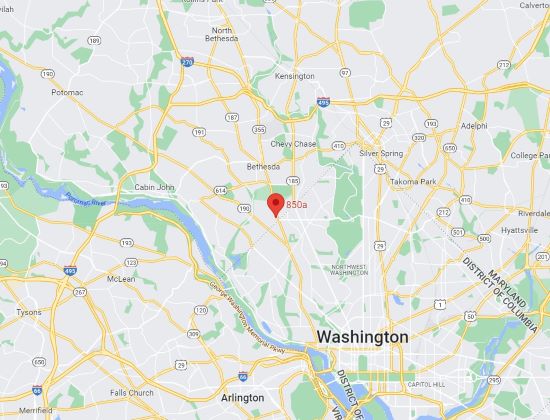
Individuals in Washington, DC, Virginia, and Maryland, who are considering LASIK treatment to improve their vision can read on to learn about the factors that can disqualify a person from being a LASIK candidate.
Age
The Food and Drug Administration (FDA) does not place an upper age limit on LASIK treatment. However, patients must be a minimum of 18 years of age to be considered a LASIK candidate. The reason that LASIK is only appropriate for individuals who are at least 18 years of age is that the eyes continue to grow and change as a person ages. And even though LASIK is allowed at the age of 18, many eye doctors recommend that patients wait until they are in their early 20s, to ensure that the shape of the eye has stabilized.
Unstable Vision
People who suffer from vision impairment often find that their eyesight changes over time. It is not uncommon for patients to require a stronger vision prescription when they go in for a routine eye exam. If the vision is changing, any alterations made during LASIK treatment will be temporary, which means vision results will not last. To ensure the best possible outcome of LASIK treatment, surgery is only recommended for patients who have had a steady vision prescription for at least one year.
Insufficient Corneal Thickness
During LASIK treatment, a small incision is made in the top layer of the cornea. This incision creates a flap that is lifted to allow underlying tissues to be reshaped. After alterations are made, the flap is lowered so that the tissues can heal.
The corneal flap created during LASIK is extremely thin, but it is important that LASIK surgeons have enough tissue to work with when creating the flap. For this reason, we measure a patient’s cornea to determine if they are ideal candidates for LASIK surgery. If individuals have an unusually thin cornea, LASIK treatment will not be suitable. These patients may consider an alternate procedure, such as PRK, which does not require a corneal flap.
Additional Eye Problems
LASIK surgery is effective at treating abnormalities that result in refractive errors. However, if there are other conditions present that are compromising the vision or threatening the health of the eye, then patients may not be ideal LASIK candidates. Eye diseases that may disqualify someone as a LASIK candidate include glaucoma, diabetic retinopathy, and dry eye. Similarly, if the eye is injured or a patient is suffering from an eye infection, they cannot undergo LASIK until those conditions are treated.
Health Conditions
The health of the eyes is very important to LASIK candidacy, but so is overall health. LASIK is a surgical procedure, so individuals must be healthy enough to undergo treatment and to heal in a timely manner. Health conditions that could affect LASIK candidacy include autoimmune disorders and those that compromise the ability to heal, such as HIV/AIDS, diabetes, and rheumatoid arthritis.
Contact Our Office
If you suffer from vision impairment and are looking for a solution that is more reliable and convenient than prescription lenses, LASIK may be right for you. To find out if you are an ideal LASIK candidate, send us a message online or call (703) 552-5221 to schedule a consultation.



